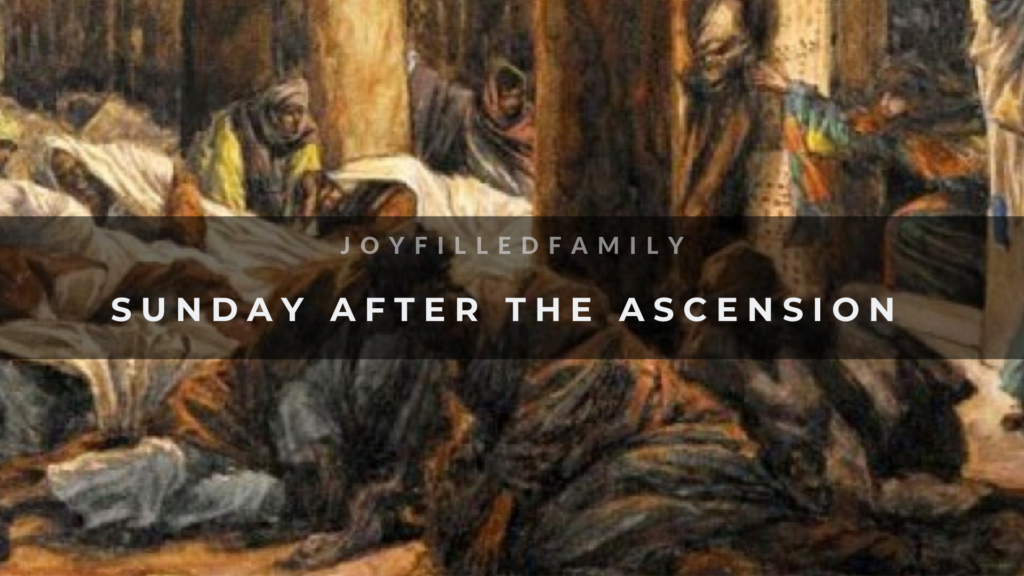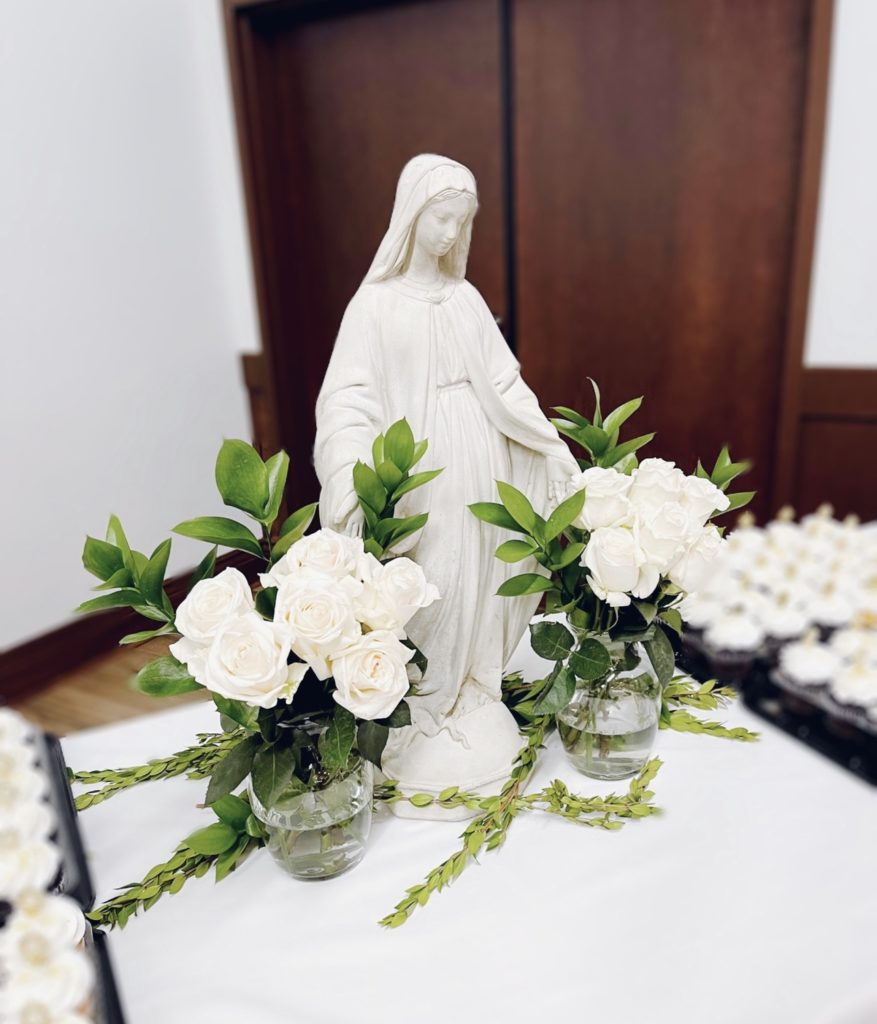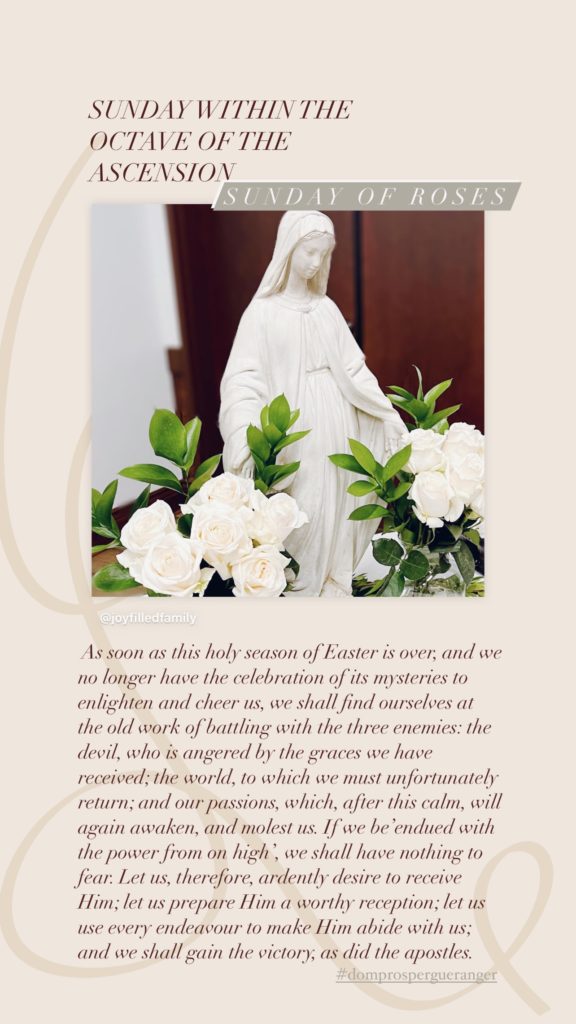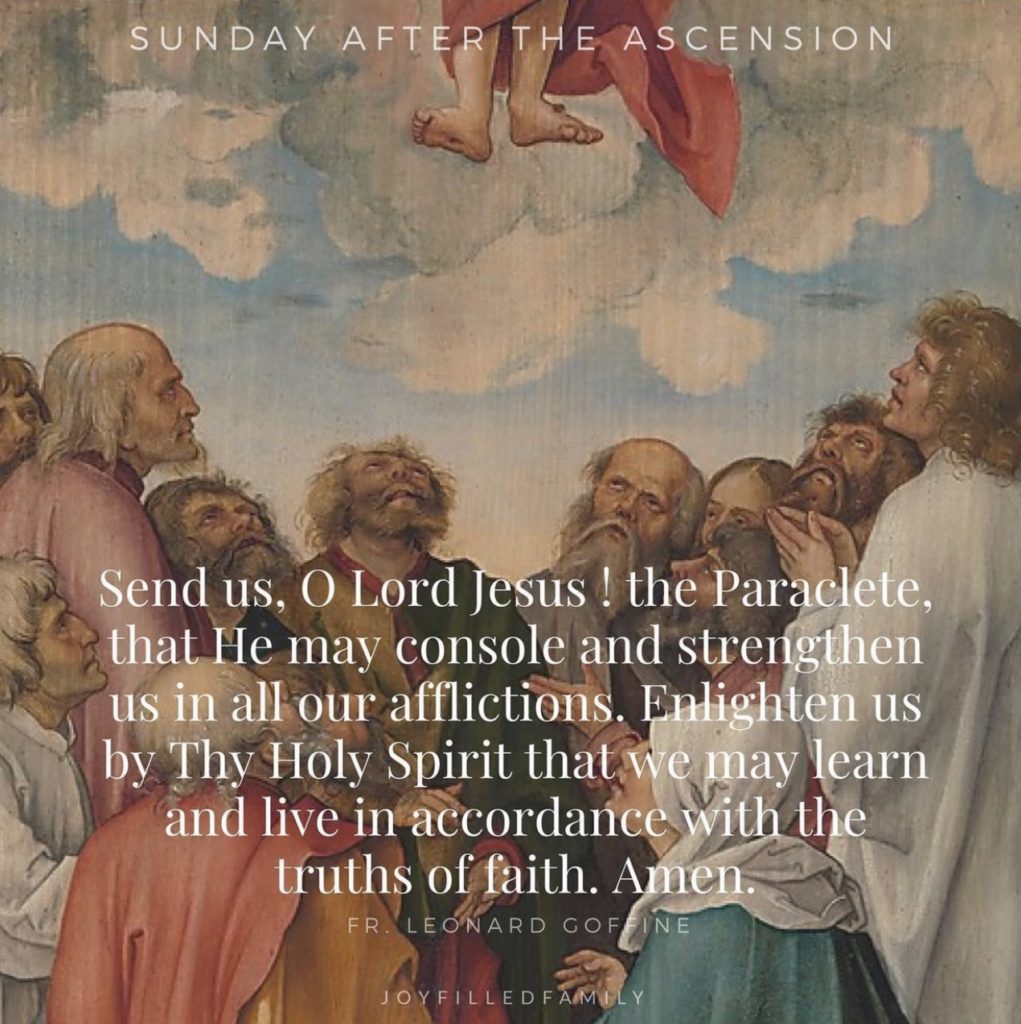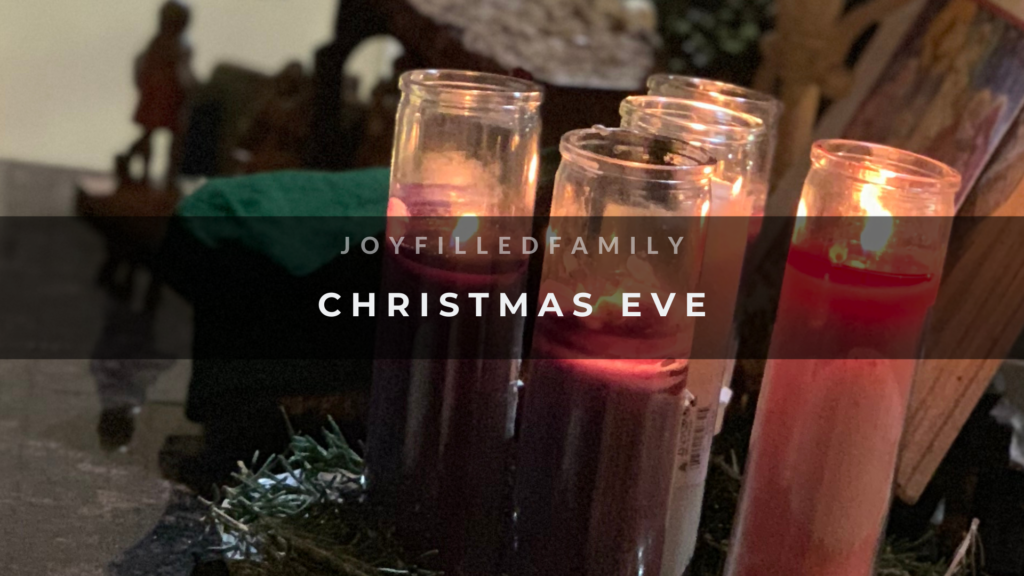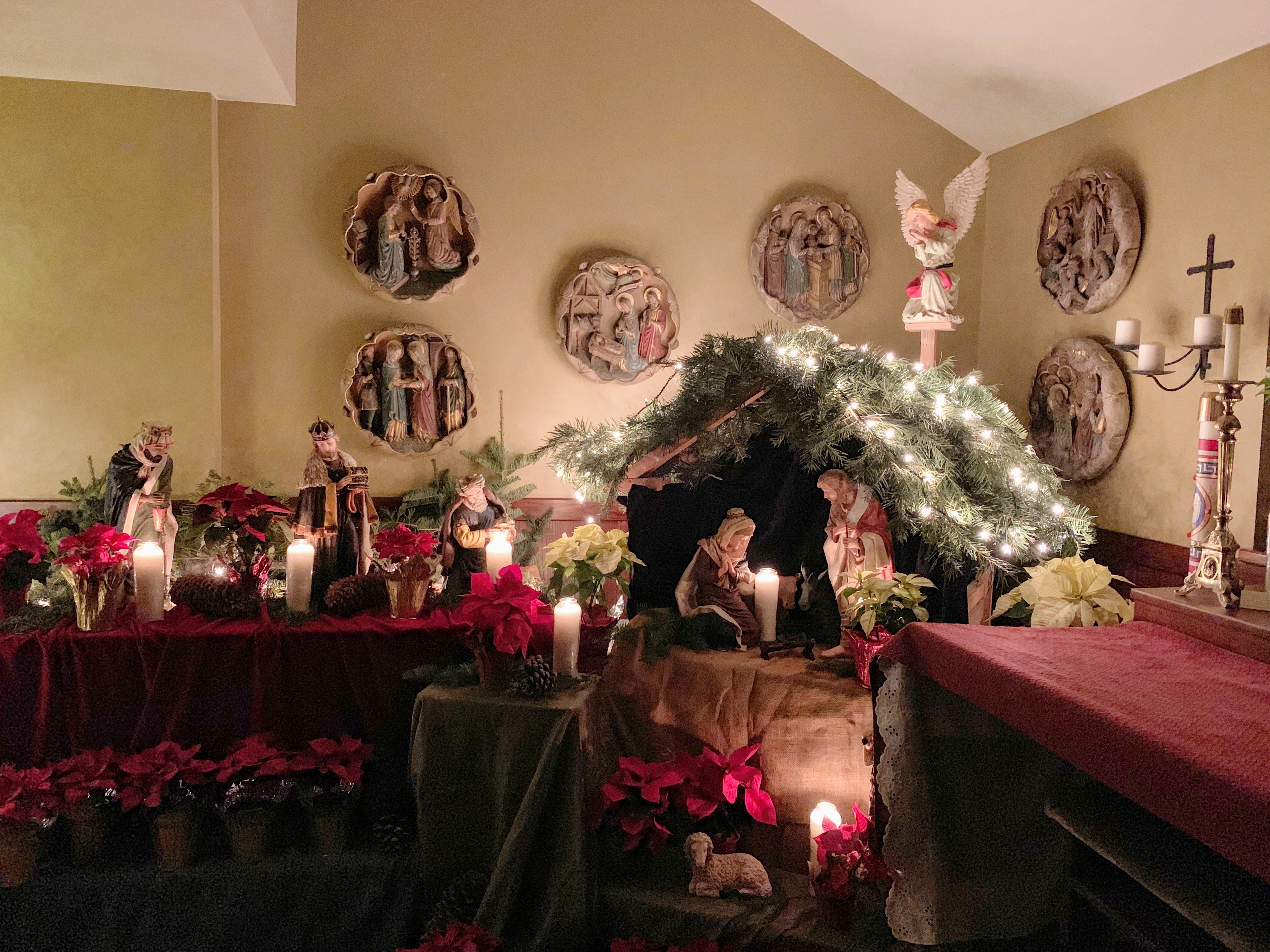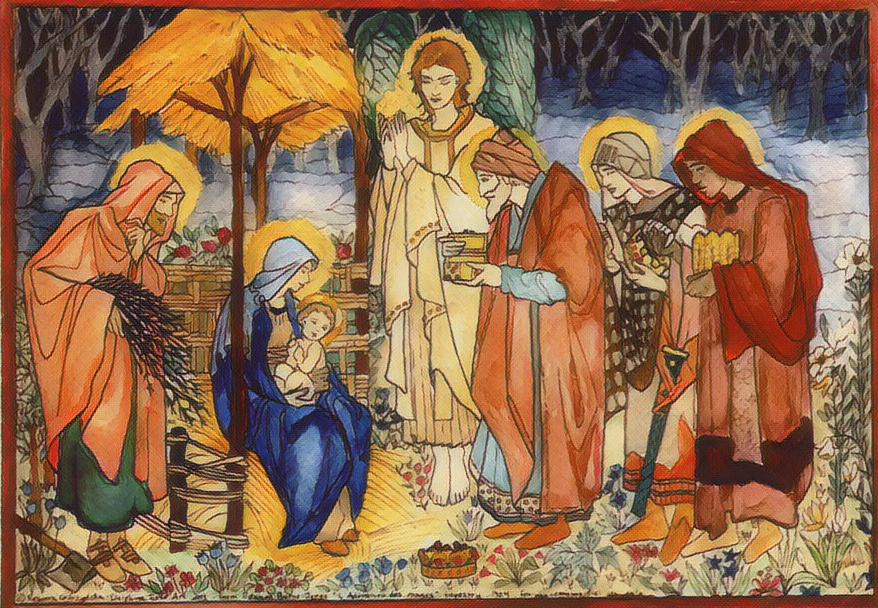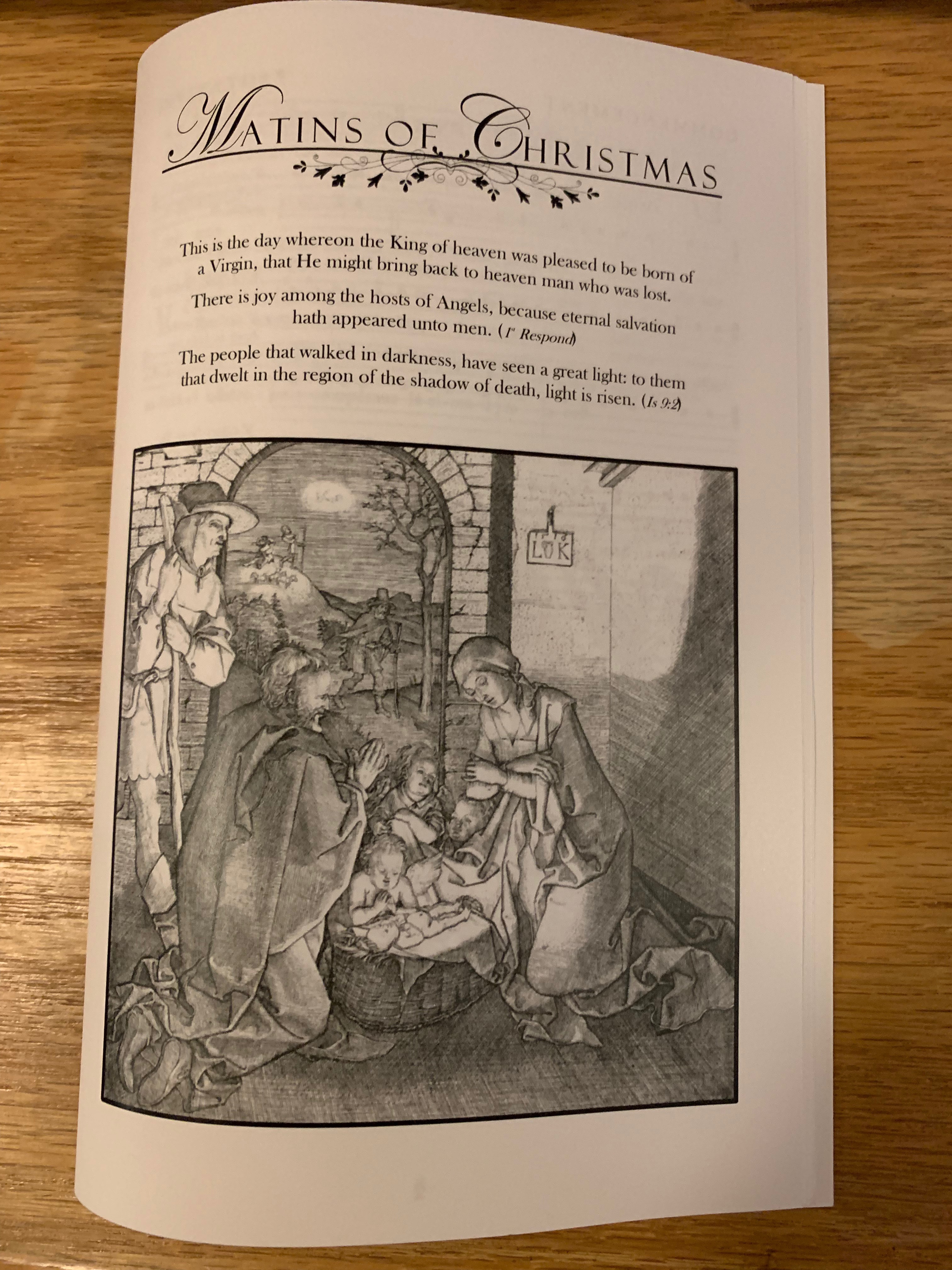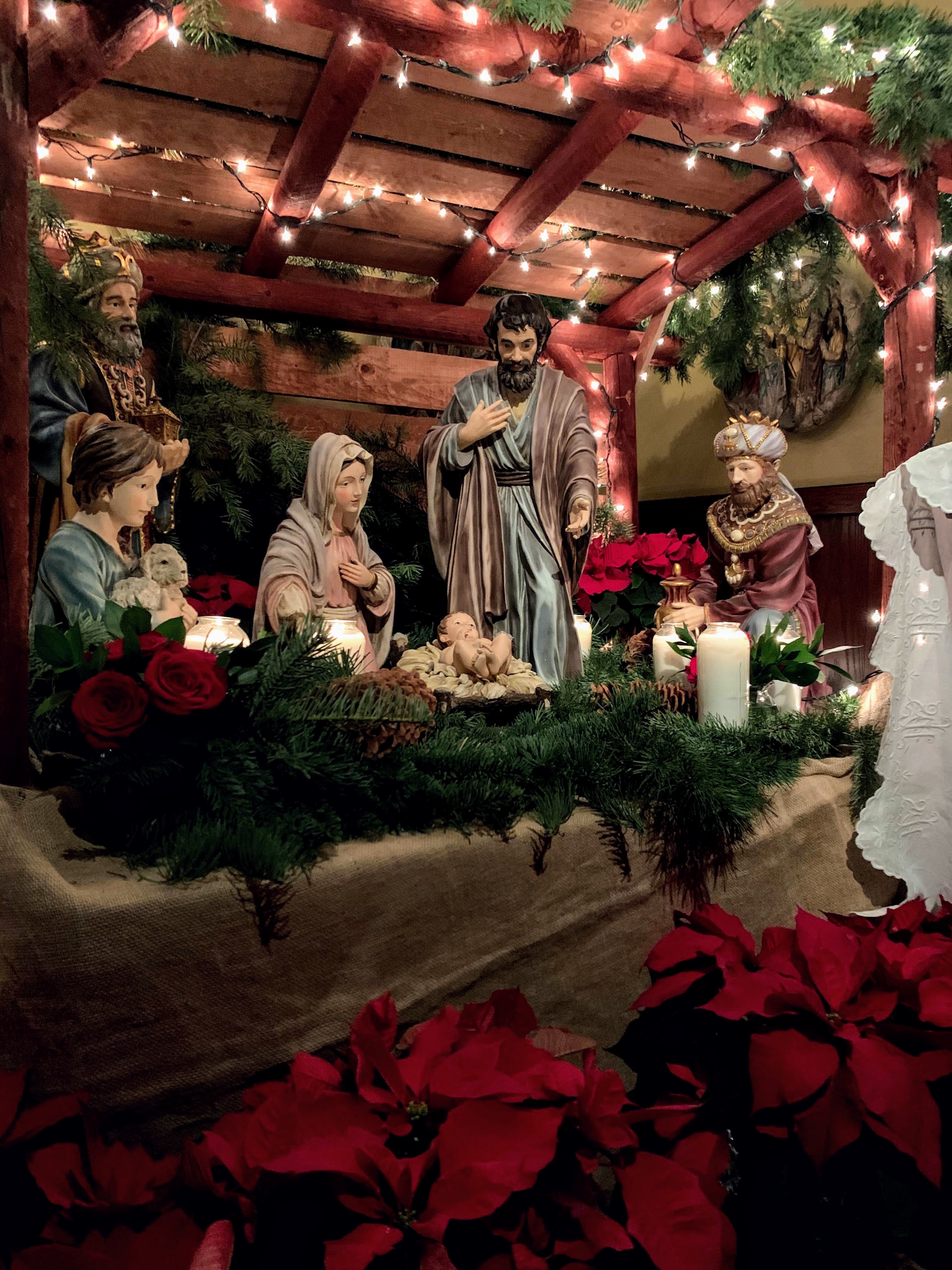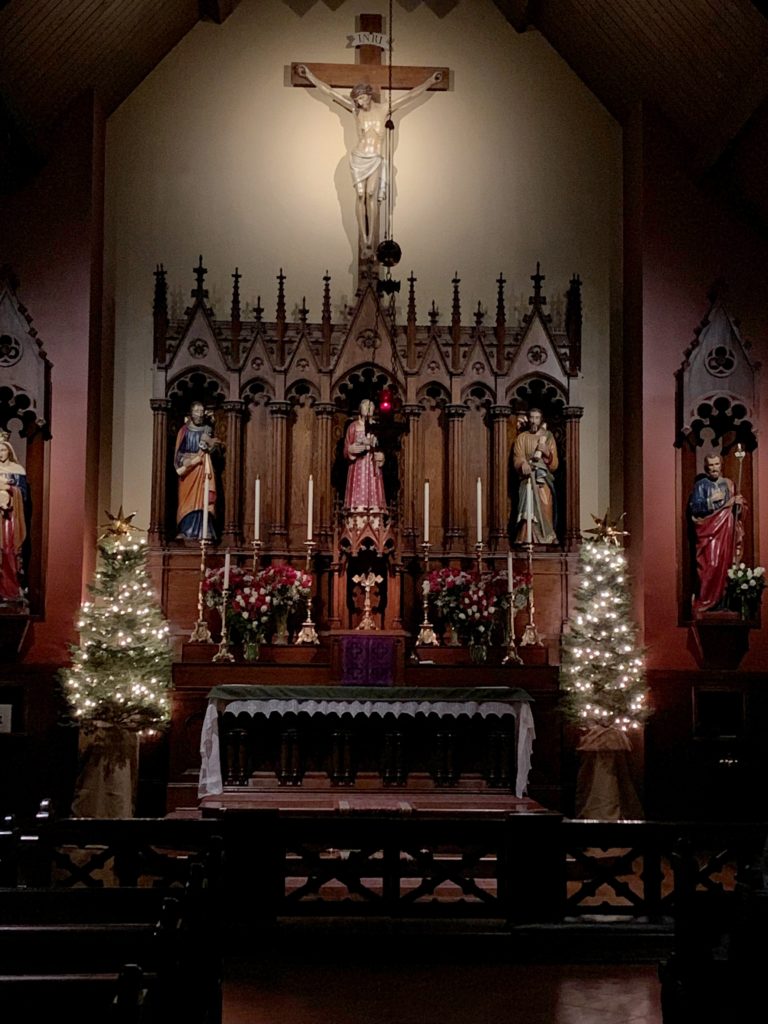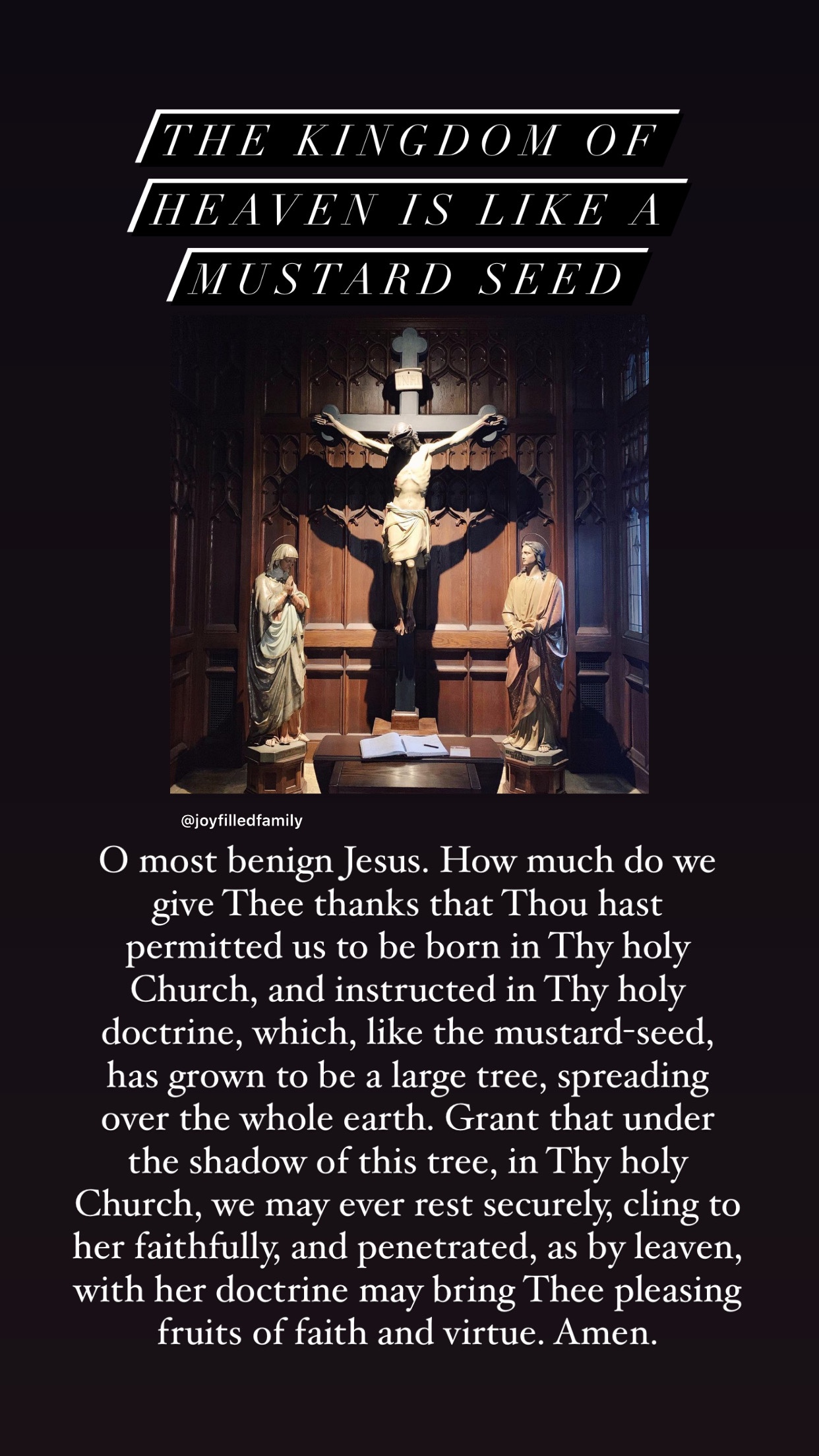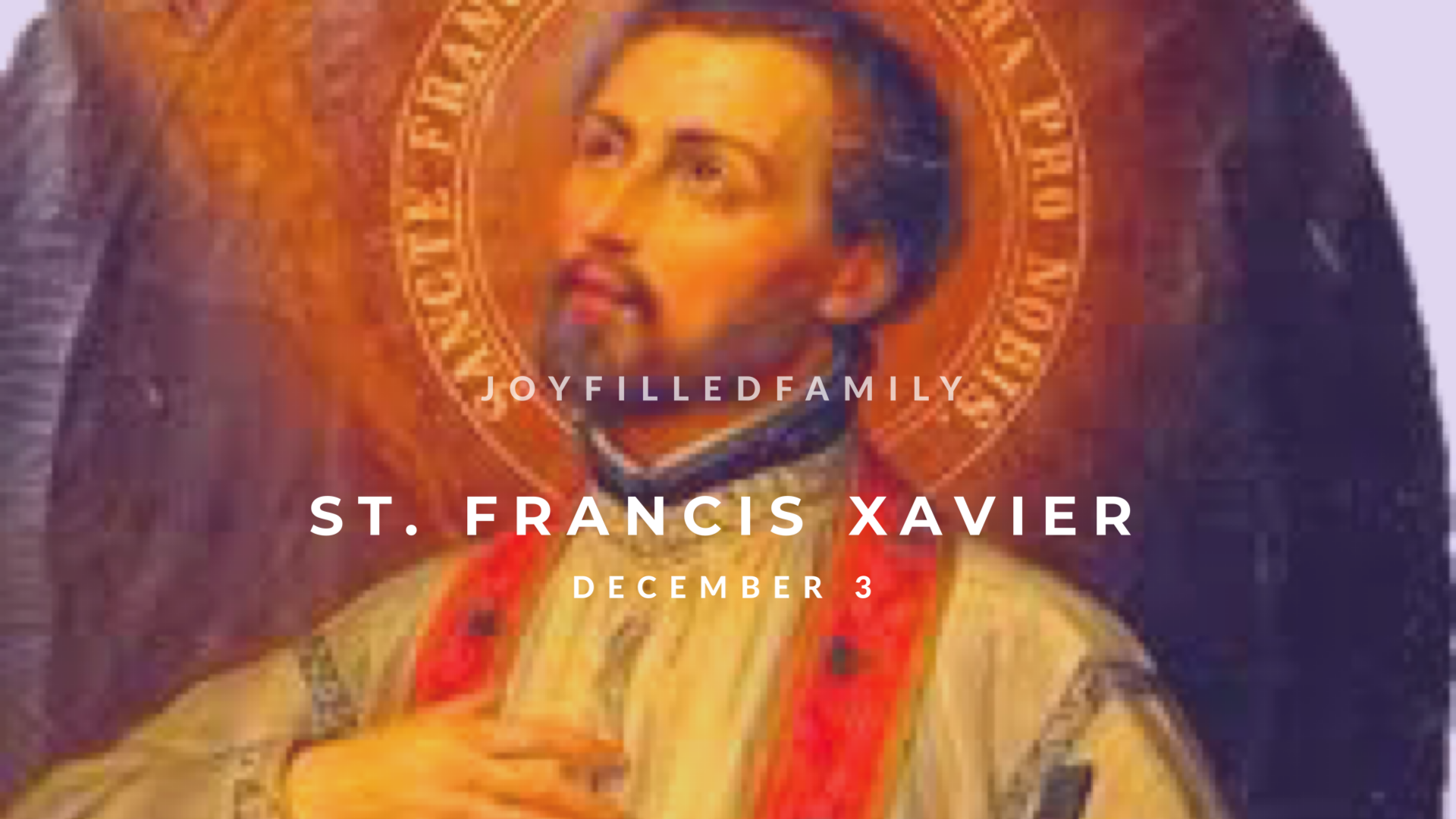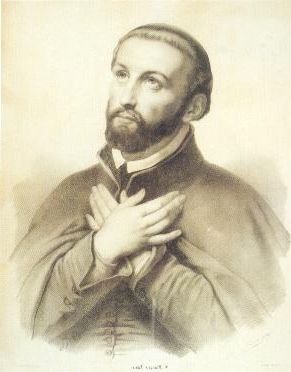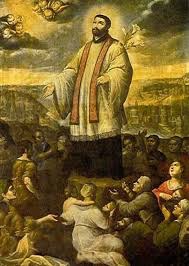“The life & apostolate of St. Francis Xavier were a great triumph for our mother the holy Catholic Church; for he came just at a period when heresy, encouraged by false learning, by political intrigues, by covetousness, and by all the wicked passions of the human heart, seemed on the eve of victory.
Emboldened by all these, this enemy of God spoke, with the deepest contempt, of that ancient Church which rested on the promises of Jesus Christ; it declared that she was unworthy of the confidence of men, and dared even to call her the harlot of Babylon, as though the vices of her children could taint the purity of the mother.
God’s time came at last, and He showed Himself in His power…Heroes and heroines issued from that apparent barrenness; and whilst the pretended reformers showed themselves to be the most wicked of men, two countries, Italy & Spain, gave to the world the most magnificent saints.
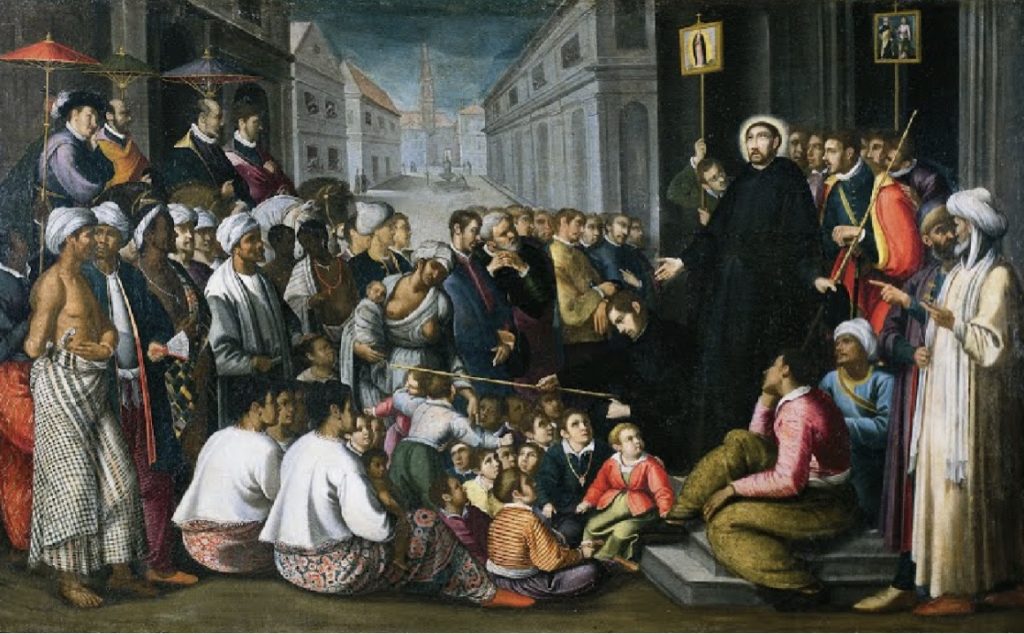
A this time (16th Century) a society of apostles was offering itself to the Roman Pontiff, that he might send them to plant the true faith among people who were sitting in the thickest shades of death.
Not one of these holy men so closely imitated the first apostles as did Francis, the disciple of Ignatius. He had all the marks and labours of an apostle: an immense world of people evangelized by his zeal, hundreds of thousands of infidels baptized by his indefatigable ministration, and miracles of every kind, which proved him, to the infidel, to be marked with the sign which they received who, living in the flesh, planted the Church, as the Church speaks in her liturgy.
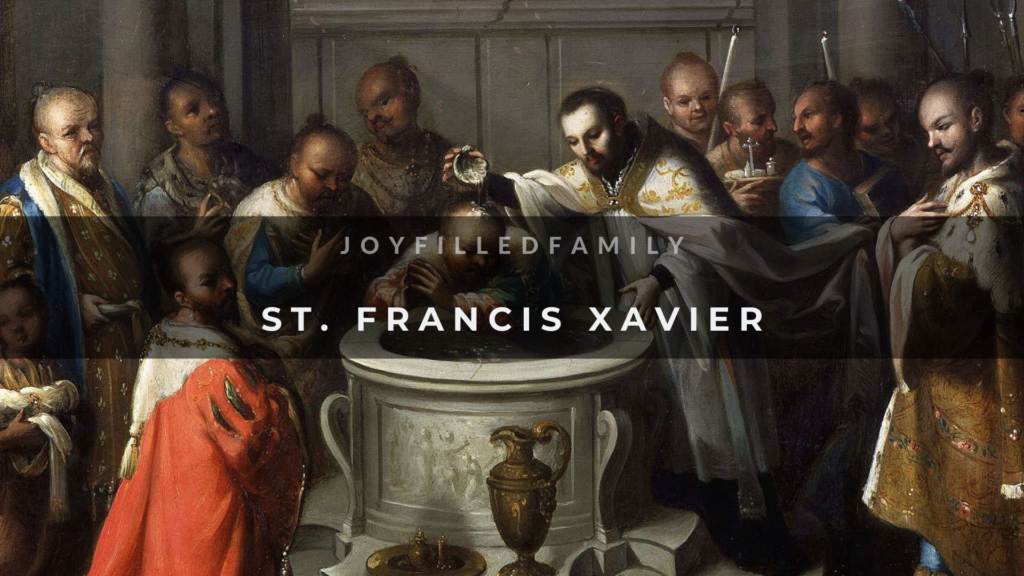
May our Lord Jesus be forever praised for having vindicated the honour of the Church, His bride, by raising up Francis Xavier, and giving to men, in this His servant, a representation of what the first apostles were, whom He sent to preach the Gospel when the whole world was pagan.” #domprospergueranger
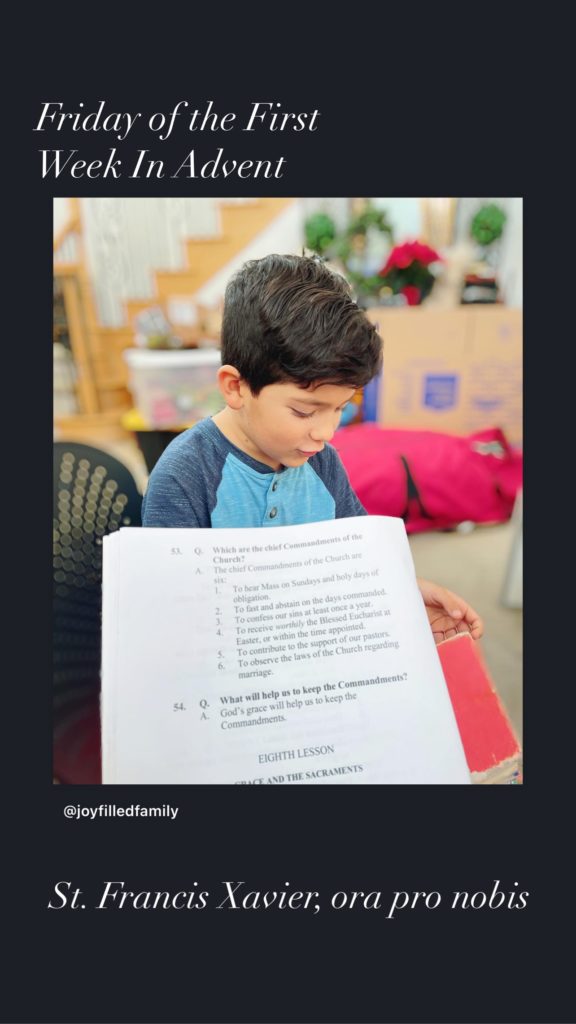
He would most likely be accused by many today for lacking charity in his speech.
They would be wrong. The saints did not use the honeyed language of the false ecumenism that is prevalent in today’s Church.
The words of St. Francis Xavier shows us what a true Catholic apostle should be like.
May St. Francis Xavier & Our Lady grant us the courage, until we die, to use this language.
